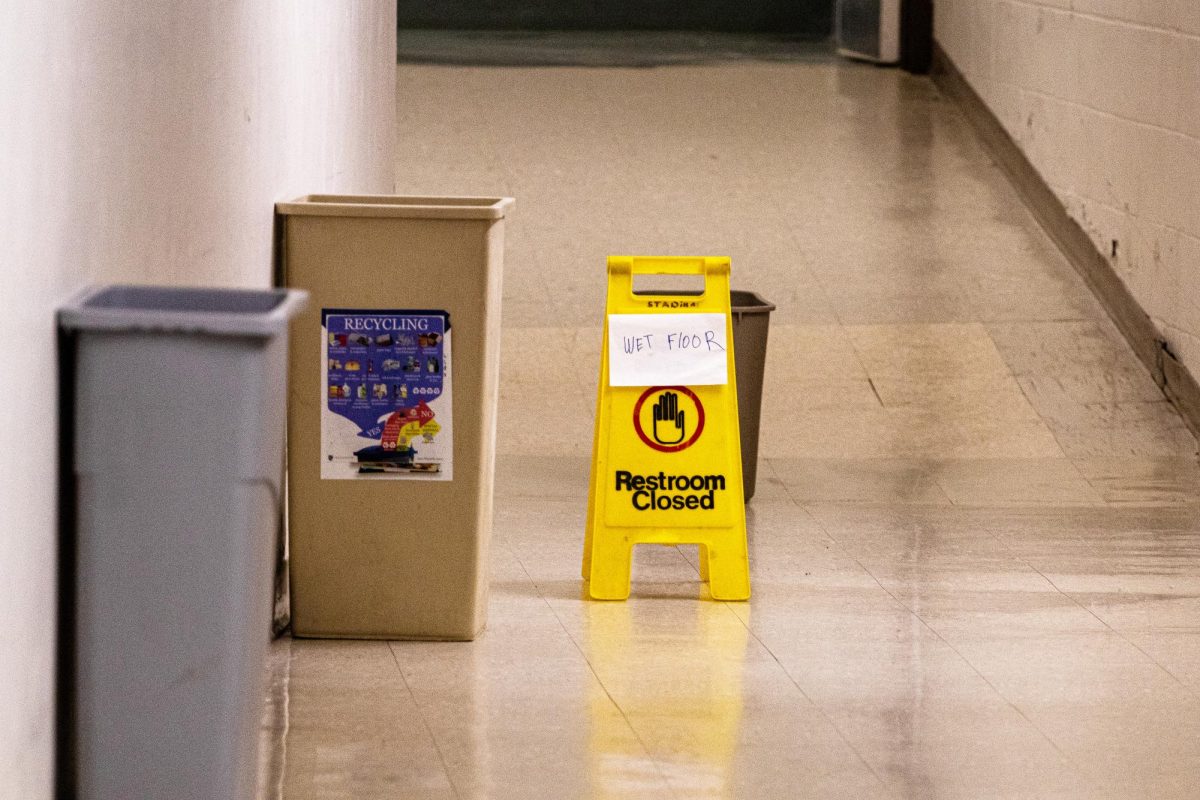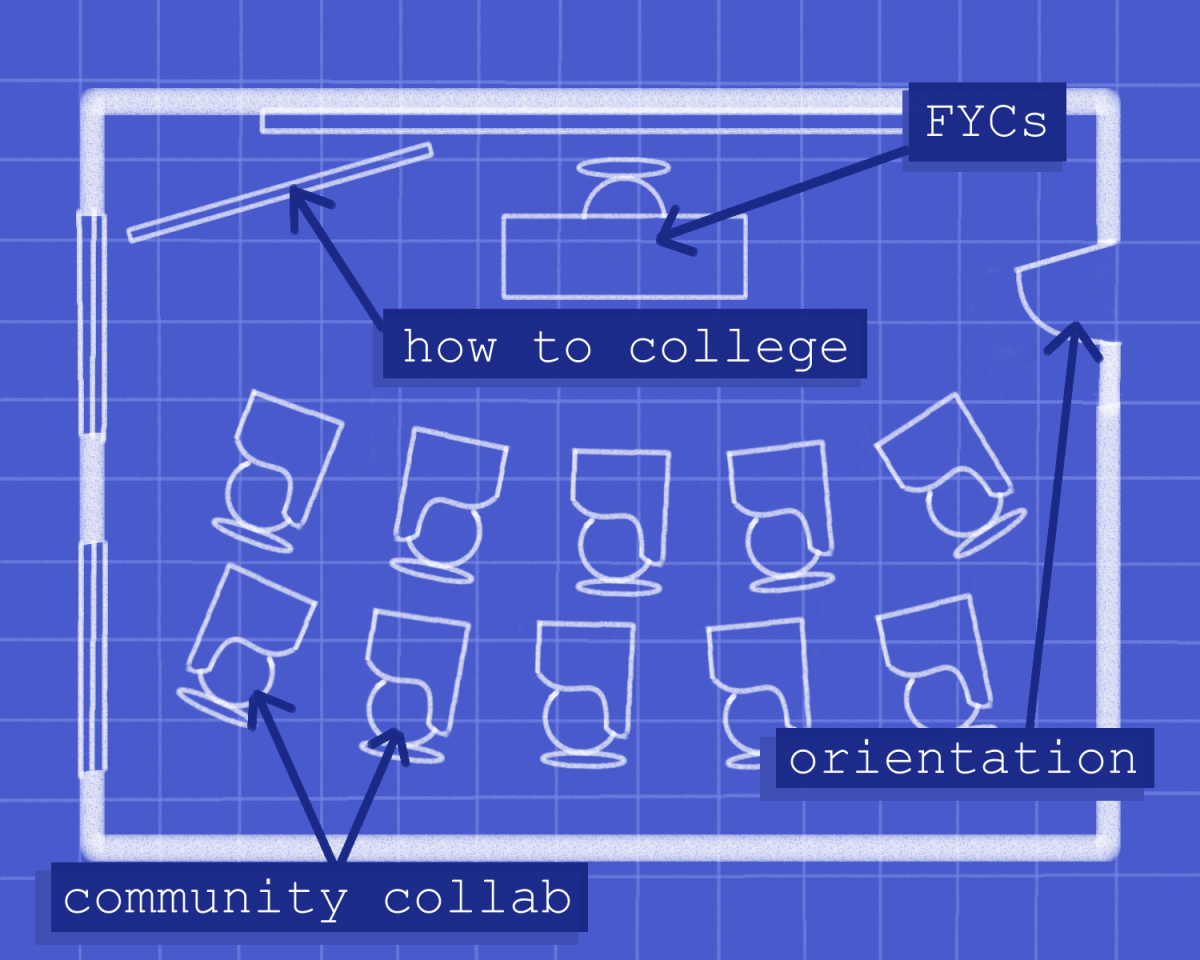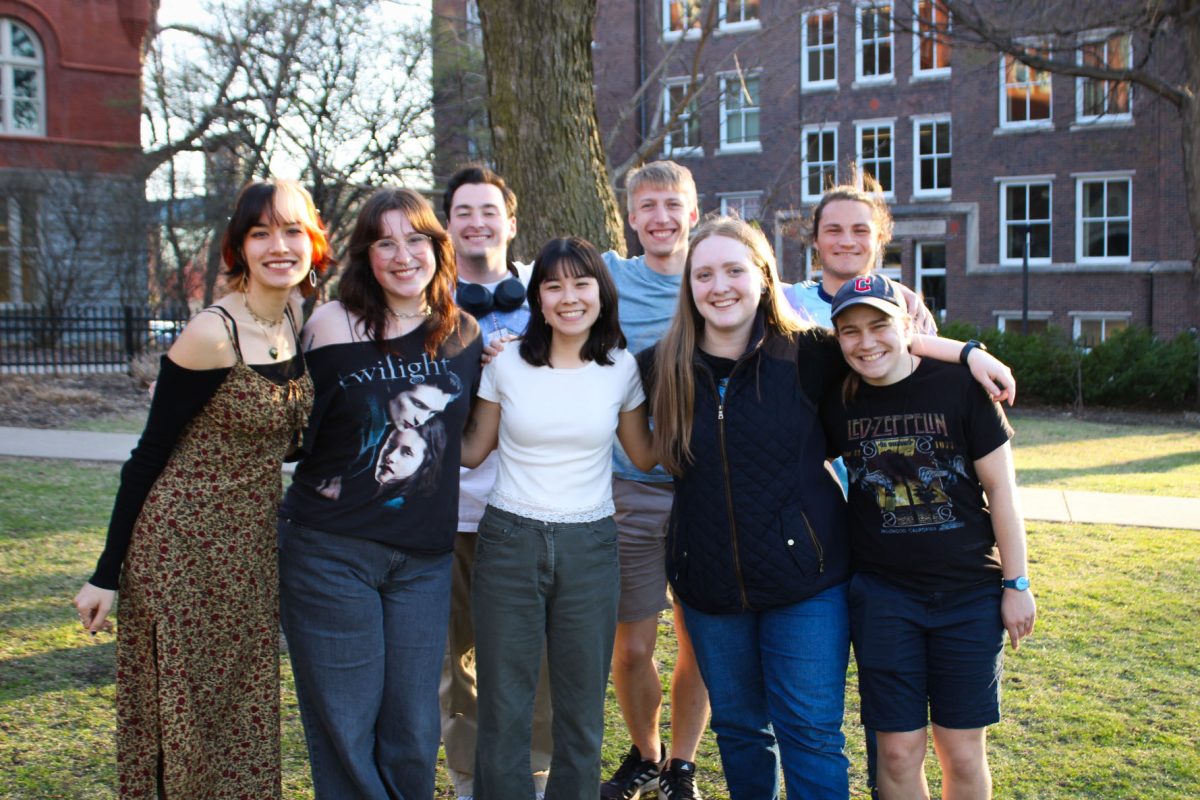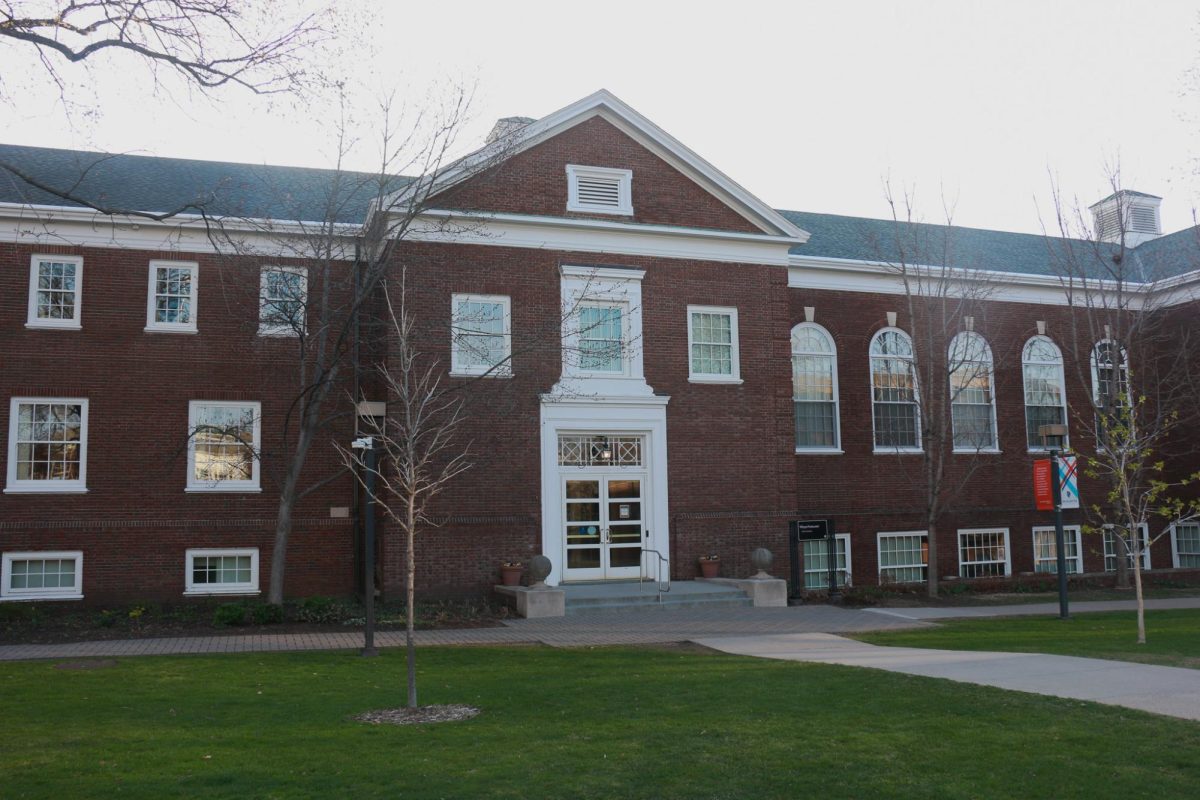
Standing on some corner of the University of Minnesota Twin Cities campus, every time someone walked by, I’d blurt out, “Hey! Do you have a moment?” The customary response to which was, “No, sorry.”
“Just listen!” I told the passersby in my mind. I was convinced that what I had to say—that the Real Food Challenge would create world-shattering revelations—would blow people’s minds. Only fools would say, “No, sorry,” to my request of one moment.
However, being turned down taught me several things. First, I learned what it was like to flip the script. I was the person handing out pamphlets in front of the Campus Center or picketing on the corner of Summit and Snelling, hawking my ideologies on the street. Second, I learned how to explain why the Real Food Challenge (RFC) matters. While my goal that day at the UMN was to convince people to care in twenty seconds or less, that is not my intention here. Rather, RFC, and their national summit which I attended nearly a month ago, taught me something valuable about movements and organizing that has helped me find the much elusive motivation, time and again.
First of all, RFC is a student led movement on college campuses around the country, with the goal to get more of what the organization refers to as “real” food in college dining halls. Real food has to meet one of four criteria: local/community-based, fair, ecologically sound or humane. In this way, RFC attempts to bring producers, consumers, communities and the earth into the conversation when we talk about food.
In a workshop titled “Understanding the System: Campus Food, Corporate Agribusiness and YOU,” I discovered why RFC has purposefully chosen college campuses as a leverage point in the food movement. As it turns out, the three food service companies that work on college campuses, Compass (which owns Bon Appetit and Chartwells), Sodexo and Aramark, make around $62.8 billion per year. McDonalds makes $27.6 billion. In addition, these companies employ approximately one billion people. Combine these statistics with the proximity and susceptibility of dining service providers to the administration who themselves are beholden to the students, and you’ve got a pretty sweet setup to make change.
This information is all well and good, but I wanted to know if RFC could walk the walk and talk the talk. In fact, this is where the Real Food Challenge shines brightest: action and empowerment. RFC’s most recent campaign, the Real Food Campus Commitment, is holding colleges accountable by signing a document to have 20% of the food purchased by the dining hall fit the criteria for real food by 2020. The commitment is agreed upon by the campus administration, the dining service provider and students so that all stakeholders can work together to draft a policy for reaching this goal. For many this kind of cooperation and achievement seems impossible, but RFC helps you obtain the tools to break down barriers through leadership/organizing trainings, campaign skill workshops and opportunities to get involved at various levels.
And guess what? This isn’t just happening on remote college campuses; Macalester signed a commitment to have 30 percent real food by 2020 last semester and is working on an action plan to meet this. I also learned that not every college is enjoying such success with their RFC campaigns. Bon Appetit is easily the most progressive dining service and wants to actively work with students. Others, such as Aramark, won’t even allow its workers to talk to students about their food. That is what we were doing the last day of the summit on the UMN campus, petitioning for Aramark simply to talk to the students that they feed every day. They have a right to know what they eat, just like everyone has a right to food, period.
While I hadn’t been involved with RFC at Macalester before the summit, taking part in the action against Aramark made me feel legitimate, that all my talk for the past year about the bankrupt food system was for something, that I was able to do something larger than myself. With all the problems in the world such as global climate change, unequal access to resources, racism, sexism and inequality in general (which I could argue relate back to food), it is easy to despair and do nothing, but there are other people committed to reducing world suck. I discovered from RFC that the strength of a movement lies in its ability to create this connectedness, which in turn gives individuals the strength to take action. That is to say good organizing requires the ability to motivate, inspire and in turn, be inspired. I will leave you with one of my takeaways from the summit; a leader is someone who takes responsibility for enabling others to achieve their purposes in an uncertain world. Let’s start being leaders.
Interested in learning more or getting involved in the Real Food Challenge’s work on campus? Contact Emily Walls at [email protected] or come to the Food Hub on Wednesday’s at 5pm at the Food Justice House, 1661 Princeton Court, behind the Janet Wallace Fine Arts Building.







Irene McGrath • Sep 11, 2019 at 10:01 am
Wow! this cartoon type YouTube video I have seen when I was in primary level and at the present I am in academy and watching that once more at this place.
Bella Ball • Sep 10, 2019 at 4:42 am
Nice response in return of this difficulty with solid arguments and telling everything on the topic of that.
Dan Blake • Sep 6, 2019 at 11:26 am
I want examining and I conceive this website got some really useful stuff on it! .